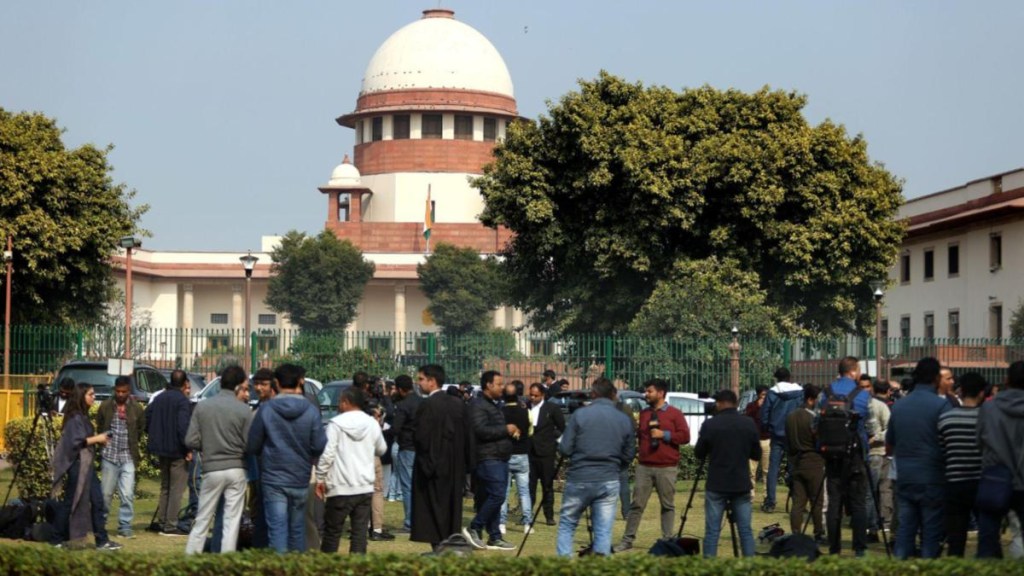The Supreme Court’s decision to strike down electoral bonds as “unconstitutional” is a landmark judgement for several reasons, the main one being that the scheme, which allowed anonymous funding to political parties, clearly violated the right to information and Article 1991) (a) of the Constitution. Nothing – not even the government’s contention that the electoral bond scheme curbs black money and its circulation—can justify the encroachment into fundamental rights. The fact that it clearly means business is evident from the three directions the SC issued: All the electoral bonds within the 15-day validity period shall be returned by political parties to the purchasers; the Election Commission will make all donations public within one week of the receipt of information; and the State Bank of India (SBI) should stop issuing electoral bonds immediately and submit all details to the EC by March 6.
The only concern is the huge time taken by the court in coming to a conclusion on the issue, despite the reservations of the Reserve Bank of India, the Election Commission and civil society watchdogs. The central bank, for example, raised concerns about the possible “misuse” of the bonds, “particularly through the use of shell companies”. Yet, the court had refused to grant an interim stay on the bonds in 2020, and resumed the hearing of petitions only in 2022. Given the obviously questionable ethics in the design of the scheme, the process should have been much faster. In any case, it is now unlikely to have much bearing on the funding of the next general election, which is barely a couple of months away.
The government’s rationale for these bonds was that they reform political finance by eliminating the use of cash, and create a channel of legitimate funding for political parties. Plus, donors and receivers are assured of anonymity, which helps them avoid victimisation by any entity. Introduced in 2017 by then-finance minister Arun Jaitley, these bonds were meant to be an alternative to the growing complaints of black money flowing into political party coffers. Political parties could escape Election Commission scrutiny of these donations by claiming —disingenuously — that they mostly came in the form of cash and were below the limit of `20,000 for identifying individual contributions. In reality, however, these bonds have entrenched opacity and carry significant potential for corruption. The scale of legally permitted non-disclosures were completely out of sync with the tenets of electoral democracy. For companies, the only option left now is to revert to electoral trusts as they allow companies to maintain an arm’s length while donating to political parties, at least in terms of perception.
The moot point, however, is whether scrapping of electoral bonds would have any material impact on the fundamentally murky nature of electoral funding in India. A report of Analysis of Donations to Registered Recognized Political Parties (ADR) says the donations received by 31 political parties in the last six years were a princely sum of `9,188 crore. Given that India’s elections are incredibly expensive—in fact, the 2019 general election was reported to be more expensive than America’s 2016 presidential election—the money raised through electoral bonds is loose change. So the rot is much deeper.
